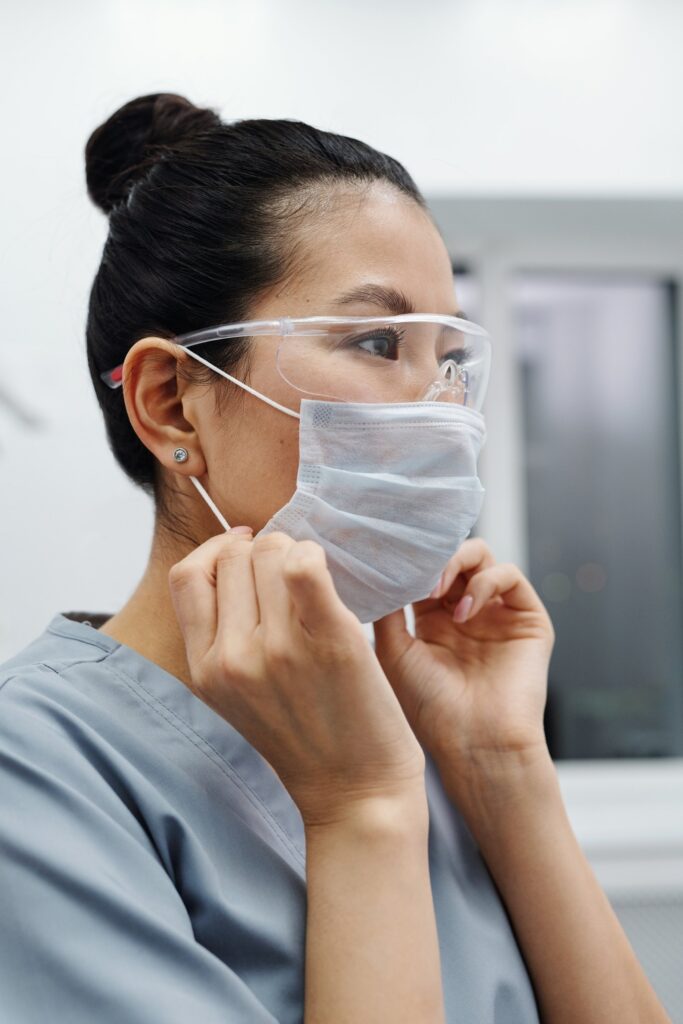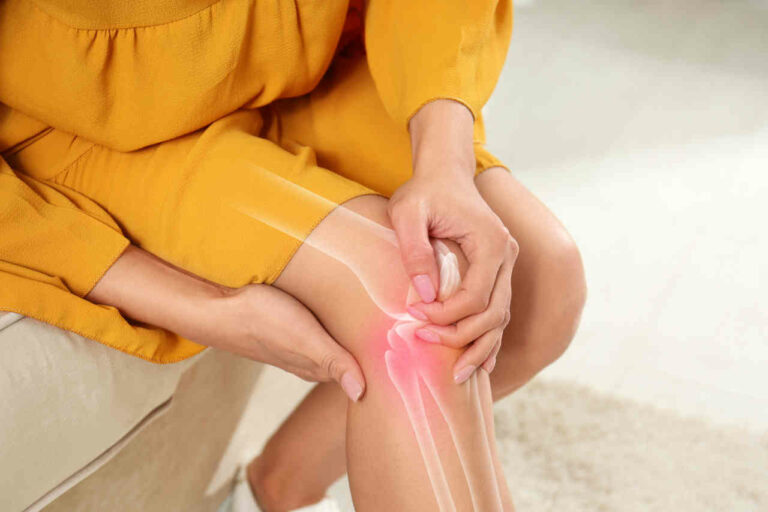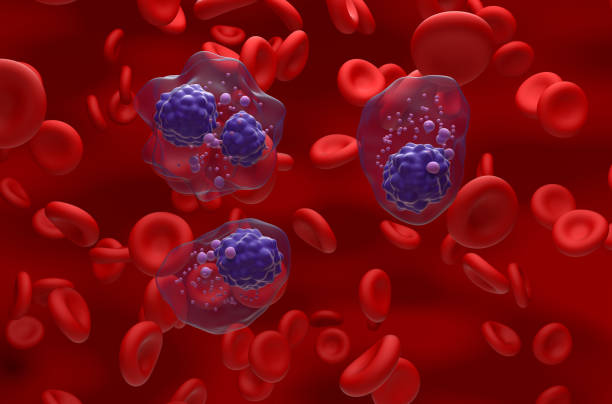Sinus Infection Treatment: A Comprehensive Guide to Relief and Recovery
Sinus infections, also known as sinusitis, can be a painful and frustrating condition affecting millions of people each year. Characterized by inflamed and swollen sinuses, this common ailment can lead to a range of symptoms including nasal congestion, facial pain, and pressure. Understanding the various treatment options and preventive measures is key to managing sinus infections effectively. This guide covers the essentials of sinus infection treatment, from home remedies to medical interventions.

Understanding Sinus Infections
Sinusitis occurs when the sinuses, air-filled spaces in the face, become inflamed or swollen. This can be due to allergies, bacterial or viral infections, or other factors. Sinus infections can be acute (short-term) or chronic (long-term).
Symptoms of Sinus Infections
Common symptoms include:
- Nasal congestion and discharge
- Facial pain and pressure
- Headaches
- Fever
- Fatigue
- Cough
Diagnosing Sinus Infections
A healthcare provider typically diagnoses sinusitis based on symptoms and a physical examination. In some cases, imaging tests like CT scans may be used for chronic or severe infections.
Treatment Options
Treatment for sinus infections varies based on the cause and severity:
Home Remedies
- Steam Inhalation: Breathing in steam can help open up sinuses and alleviate congestion.
- Nasal Saline Irrigation: Using a neti pot or saline spray to flush out the sinuses.
- Hydration: Drinking plenty of fluids to thin mucus.
- Rest: Ensuring adequate rest to aid the body’s immune response.
Over-the-Counter Medications
- Decongestants: Such as pseudoephedrine, to reduce nasal congestion.
- Pain Relievers: Like acetaminophen or ibuprofen, for pain relief.
- Nasal Steroid Sprays: To reduce inflammation in the nasal passages.
Prescription Medications
- Antibiotics: Used only if the sinus infection is bacterial.
- Corticosteroids: For severe inflammation, especially in cases of chronic sinusitis.
Surgical Options
In chronic cases where medical treatment fails, surgery might be recommended to widen the drainage pathways of the sinuses.
Preventive Measures
Preventing sinus infections involves:
- Avoiding known allergens
- Practicing good hygiene to reduce the risk of respiratory infections
- Using a humidifier to keep nasal passages moist
- Quitting smoking and avoiding secondhand smoke
When to See a Doctor
Consult a healthcare professional if:
- Symptoms persist for more than 10 days without improvement
- Symptoms are severe or unusual
- There are recurrent episodes of sinusitis
Conclusion
While sinus infections can be uncomfortable and disruptive, there are multiple ways to treat and manage the condition effectively. From home remedies and over-the-counter solutions to prescription medications and, in some cases, surgical interventions, individuals have various options to alleviate their symptoms. Additionally, preventive measures can play a key role in reducing the frequency and severity of sinus infections. Understanding the available treatment options and when to seek medical advice is crucial in achieving relief and maintaining overall sinus health.






